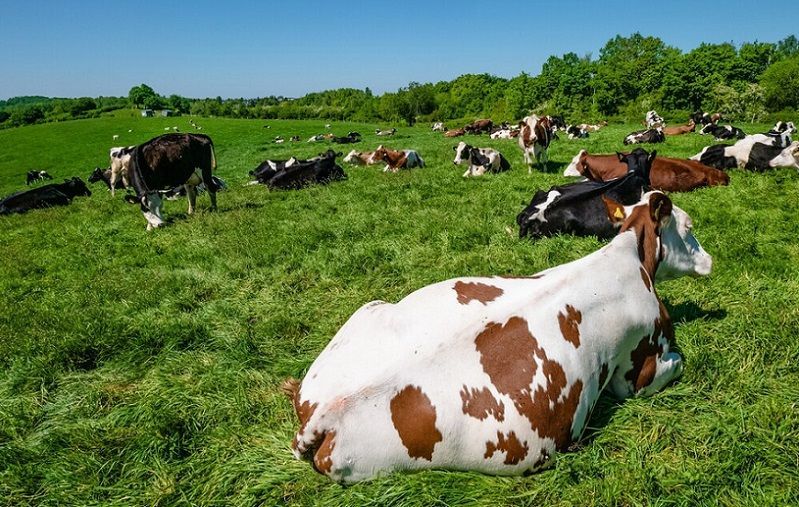Australia: Investigation Points to Coccidiosis as Likely Cause of 150 Cattle Deaths
Approximately 150 cattle in the Northern Territory (NT) have succumbed to an outbreak, with investigations indicating that coccidiosis, a parasitic disease, may be the underlying cause.

The tragic incident unfolded with around 100 cattle perishing aboard a live export vessel bound for Indonesia, while an additional 50 cattle met a similar fate at an export depot near Darwin. Originating from a station near Ti Tree in Central Australia, the cattle were transported north to Darwin before embarking on their journey.
Initially suspected to be botulism-related, further investigation revealed compelling evidence suggesting coccidiosis as the probable culprit, according to NT chief vet Dr. Rob Williams. Although definitive confirmation remains pending, Dr. Williams emphasized that the evidence strongly supports a diagnosis of coccidiosis.
Coccidiosis is a protozoal parasite that inhabits the intestinal walls of animals, typically affecting young animals or those subjected to overcrowded or stressful conditions. Clinical signs include profuse scouring, straining, and anaemia.
While investigations continue, the export depot's operations to Indonesia have been temporarily suspended. Dr. Williams attributed the unfortunate incident to the environmental transition from dry to wet conditions, affirming that proper procedures were followed.
The NT Department of Industry has concluded its investigation, though the NT Cattlemen's Association (NTCA) highlighted the multifactorial nature of the issue. While coccidiosis emerges as a likely cause, the potential role of botulism cannot be definitively ruled out. NTCA reassured stakeholders that the risk to the broader industry remains relatively low, with ongoing collaboration between government bodies aimed at mitigating potential effects.
Initially suspected to be botulism-related, further investigation revealed compelling evidence suggesting coccidiosis as the probable culprit, according to NT chief vet Dr. Rob Williams. Although definitive confirmation remains pending, Dr. Williams emphasized that the evidence strongly supports a diagnosis of coccidiosis.
Coccidiosis is a protozoal parasite that inhabits the intestinal walls of animals, typically affecting young animals or those subjected to overcrowded or stressful conditions. Clinical signs include profuse scouring, straining, and anaemia.
While investigations continue, the export depot's operations to Indonesia have been temporarily suspended. Dr. Williams attributed the unfortunate incident to the environmental transition from dry to wet conditions, affirming that proper procedures were followed.
The NT Department of Industry has concluded its investigation, though the NT Cattlemen's Association (NTCA) highlighted the multifactorial nature of the issue. While coccidiosis emerges as a likely cause, the potential role of botulism cannot be definitively ruled out. NTCA reassured stakeholders that the risk to the broader industry remains relatively low, with ongoing collaboration between government bodies aimed at mitigating potential effects.
Key News of the Week











